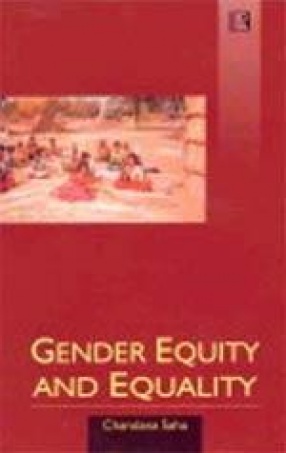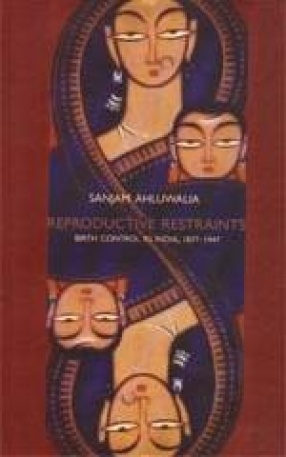This book explores the persisting gender inequalities and existing cultural beliefs and practices in the fields of health, education and work, which focus on the well-being of the growing girl. The theoretical backdrop of the study draws on the convention on the rights of the child adopted by the United Nations in 1989. The author has made an attempt to seek some of the empirical and conceptual gaps in the values attached to female education in terms of differences in schooling opportunities, school dropouts, attitudes and aspirations towards educational attainment and links with some deep-rooted features of gender approach. The author has also discussed the ways in which boys and girls are positioned differently on diverse activities. Identifying reciprocity in the relationship between mother’s perception and child’s well-being, the author argues that balanced development of child and his/her quality of life hinges to a great extent on the mother’s knowledge about child’s well-being. This is an indispensable book for students and researchers who are engaged in gender studies and population studies. The book presents a rich background material with reference to gender equity and equality in Rajasthan and should serve as a guide for planners and policy makers for undertaking appropriate programmes for improving the status of women in society.
Refugees and Forced Displacement: International Security, Human Vulnerability, and the State
The orthodox definition of ...
$24.30
$27.00





There are no reviews yet.